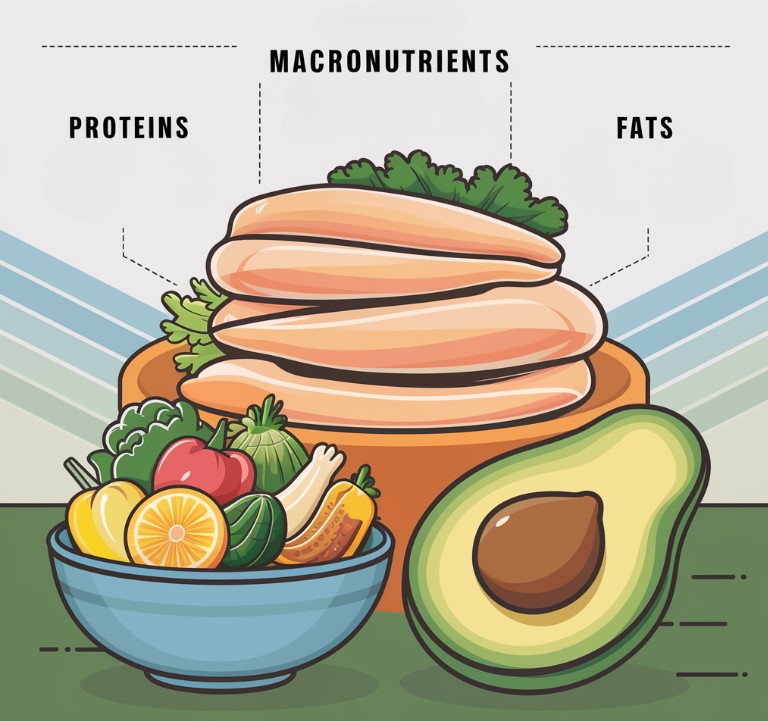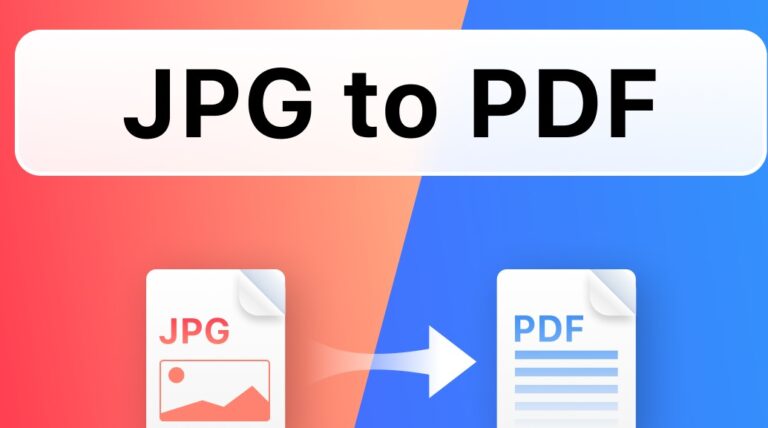The global supply chain is a complex network of manufacturers, suppliers, distributors and transportation providers working together to get products into the hands of consumers. An indispensable link in this chain is full truckload (FTL) carriers that transport large quantities of freight directly from point A to point B. FTL trucking companies play a vital role in enabling efficient supply chain management.
What is FTL Trucking?

FTL stands for full truckload and refers to a shipment that occupies an entire 53-foot semi-trailer or other large truck. FTL shipments usually weigh over 10,000 pounds and require a full-size trailer to transport from origin to destination. This differs from LTL (less than truckload) shipping, where multiple shippers have their freight combined to fill a trailer, allowing them to save on transportation costs.
With FTL trucking, one customer has their shipment fill up the entire trailer space. Some common examples of FTL freight include:
– Palletized goods like appliances, furniture, or consumer products. Pallets allow for easy loading and stacking in the trailer.
– Heavy machinery like construction equipment, agricultural equipment, or industrial equipment. These large items take up significant trailer space.
– Bulk commodities like gravel, grains, liquids, ores, or other raw materials. Tanker trailers are often used for bulk freight.
– Oversized loads that exceed weight or dimensional limits for LTL. Things like generators, turbines, boats, or commercial printing presses may need FTL.
– Temperature-controlled freight like frozen foods, produce, meats, or chemicals. Reefer trailers with climate controls are used.
– Hazardous materials that require separate handling from other freight. Explosives, corrosives, combustibles, etc.
The key distinguishing factor of FTL is that the shipper is paying for exclusive use of the entire trailer. Their freight will not be intermingled with anyone else’s cargo. This allows for greater efficiency, security, and predictability in transit times. FTL trucking is a vital transportation solution for large volume or oversized shipments.
Benefits of FTL Transportation

There are several advantages to utilizing FTL trucking in the supply chain:
– Expedited Transit Times – FTL moves freight at optimal speed since there are no extra stops, breakdowns or loading/unloading of partial shipments. This allows for predictable delivery schedules. Go to easelogistics.com for more information on how a logistics company can help with timely shipments.
– Cargo Security – Full truckload shipments are sealed and remain intact from origin to destination, minimizing risks of damage or theft. Shippers have greater visibility and control.
– Modest Rates – FTL carriers can offer shippers discounted rates, as one large shipment is more economical to transport than multiple small LTL shipments.
– Dedicated Equipment – One key advantage of full truckload shipping is that the shipper receives dedicated tractor-trailer equipment to transport their freight from origin to destination. With a full 53-foot trailer at their disposal, the shipper does not have to share space with other companies’ freight as with less-than-truckload shipping.
Having a dedicated FTL truck assigned provides several benefits:

- Cargo Integrity – The shipper’s freight remains intact without the handling involved in breaking down and reconfiguring partial loads. This minimizes security and contamination risks.
- Loading Efficiency – The trailer can be packed and loaded in the optimal way for the specific freight without limitations or space constraints. Loading dock processes are streamlined.
- Specialized Equipment – FTL allows shippers to select equipment like dry vans, temperature-controlled reefers, tankers, or flatbeds specially suited for their cargo.
- Capacity Utilization – The shipper can maximize trailer utilization by fully cubing out the space or maximizing weight capacity for more economical shipping.
- Product Safety – Sensitive freight can be shipped at proper temperatures or humidity levels when using refrigerated FTL trailers customized for that product.
- Custom Branding – FTL trailers can display the shipper’s logo, brand message or other customized graphics. This facilitates branding and promotion.
- Security – Full truckload freight is more secure as the trailer doors can be sealed immediately after loading without additional stops or access points.
- Cleanliness – Dedicated trailers stay cleaner as they are not contaminated with other freight, especially important for food, chemical or pharmaceutical loads.
How FTL Trucking Supports Supply Chain Logistics

Full truckload (FTL) transportation is a critical component of supply chain operations. By offering direct point-to-point shipping, FTL provides numerous benefits for streamlining logistics networks:
Reliable Transportation – FTL carriers offer consistent, timely freight service so manufacturers and suppliers can uphold just-in-time practices. This prevents costly interruptions from stockouts or overstocking. FTL providers understand shippers’ need for dependability.
Flexible Distribution – FTL companies have extensive transportation networks that allow them to reroute shipments and adjust trucking capacity quickly based on real-time supply and demand signals. This facilitates responsive distribution to shifting customer needs.
Scalability – Logistics managers can easily scale FTL capacity up or down based on business requirements. During peak periods like holidays, more FTL trucks can be added to handle volume surges. The scalable asset-light nature of FTL trucking enables alignment with variable shipping needs.
Supply Chain Resilience – FTL providers offer redundancy in carriers and routes, so if a breakdown or delay occurs, loads can be quickly rerouted through alternate FTL channels. This mitigates risk and disruption. Diverse FTL options make supply chains more agile and resilient.
Increased Visibility – FTL companies provide GPS tracking and real-time shipment data regarding location, temperature, fuel usage, delays, and other metrics that supply chain personnel can access 24/7 through online portals. This transparency facilitates logistics monitoring, planning and forecasting.
Collaboration – FTL carriers act as true partners, collaborating closely with shippers on optimizing routes, capacity, pricing, and addresses supply chain pain points. This goes beyond just vendor transactions, enhancing integration.
Sustainability – With fewer miles driven and handling points versus LTL, FTL maximizes fuel efficiency and lowers carbon emissions, supporting green supply chain goals.

By leveraging these strategic advantages, FTL trucking serves as a critical driver of supply chain optimization across transportation, distribution, risk management and sustainability. The integrated, specialized role of FTL will continue growing in importance for logistics.
Full truckload (FTL) carriers serve an indispensable function in optimizing modern supply chains. By transporting large shipments swiftly and directly from point A to point B, FTL trucking provides stability, flexibility, scalability and resilience to logistics networks.
The synergies between FTL transportation and logistics management offer compelling opportunities for shippers to gain performance advantages and a competitive edge. As the quest to enhance agility, productivity and resilience across supply networks accelerates, FTL trucking will remain an indispensable driver of progress and value creation. The future of innovative supply chain strategies involves further optimizing the interconnected functionality between truckload movement and logistics execution.
Related Posts:
- 20 Best Gaming Headset Under 50$ 2024 - for PC, PS4,…
- Trucking Tragedies: Common Causes of 18-Wheeler…
- 15 Best Shoes for Walking on Concrete 2024 - Soft &…
- 8 Causes of Dangerous and Deadly Truck Accidents
- 10 Best Intermediate Climbing Shoes 2024 - Good for…
- Top 10 Best Modem For Gaming 2024 - For Optimum Gaming Speed







